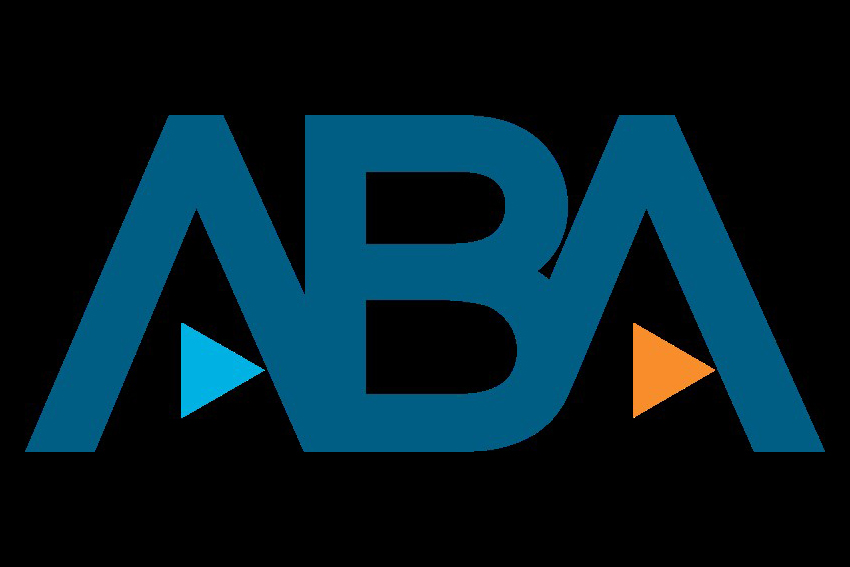Digital Marketing: AI vs. human-powered content creation: How to strike the perfect balance
Digital Marketing: AI vs. human-powered content creation: How to strike the perfect balance
By Laurie Villanueva
More and more legal marketers are relying on artificial intelligence to craft social media posts, blogs, website pages, and more. But the question remains: Can these technologies truly replicate the human touch needed to create compelling, accurate, and client-focused content that allows a law firm to forge strong connections with potential clients?
Although that hasn’t been the case so far, it doesn’t mean law firms should shy away from integrating AI into their marketing strategies. In fact, for those looking to work smarter rather than harder, the best approach relies on both.
AI’s role in legal content creation
Once considered the stuff of science fiction, many of today’s AI-powered platforms can significantly streamline a law firm’s content creation process and provide valuable insights into client behavior and market trends.
Tools like ChatGPT can be a great source of inspiration when it comes to brainstorming topic ideas, and they excel at creating blog outlines and even first drafts. For law firms managing multiple practice areas, AI can quickly produce content frameworks that address common client questions across different legal specialties – from corporate law compliance updates to personal injury case studies.
These platforms can also provide the sophisticated keyword analysis and SEO/AIO optimization critical to online visibility. They can identify trending legal queries, suggest content topics with high search volume, and automatically optimize your content structure for better search engine visibility. AI can also analyze existing content performance to identify which topics, formats, and approaches resonate most effectively with a law firm’s target audience.
Where the human touch makes a difference
While AI can bring efficiency to a law firm’s content marketing efforts, only experienced attorneys can ensure the level of accuracy, ethical compliance, and client understanding that the legal industry demands. Meanwhile, input from a seasoned legal marketer is critical to ensure alignment with the firm’s brand voice and verify that every piece of content consistently reflects the practice’s core values.
Accuracy and compliance
Even a single misstatement about statutory requirements, case precedents, or regulatory compliance can expose a law firm to professional liability and possibly even mislead prospective clients. Because experienced attorneys have a deep understanding of jurisdictional differences, recent case law, and regulatory nuances that AI systems can’t replicate, the attorney’s expertise is critical to ensure that marketing content meets all ethical standards set by state bar associations and provides genuine value to clients.
Developing thought leadership
True thought leadership requires original analysis, strategic insights, and the ability to connect legal developments to broader business implications. Experienced senior attorneys and legal strategists can leverage their deep knowledge and insight to position their firm as a trusted authority in the legal industry. Their contributions are particularly important for communicating complex regulatory changes, emerging legal trends, or industry challenges that require more than just basic legal advice.
Nurturing client relationships
Clients dealing with divorce, disputes, criminal charges, or other sensitive legal issues need empathy and support. Their inherent creativity allows skilled legal marketers to address fears, build trust, and connect with clients through culturally sensitive and targeted communications – something AI can’t fully emulate, no matter how sophisticated.
Potential pitfalls and how to avoid them
Even when AI is used in conjunction with human oversight and contributions, potential pitfalls can arise that could undermine content quality, inflict reputation harm, and even expose a firm to professional liability.
Over-reliance on automated content
It can be tempting to forgo human oversight when leveraging AI, particularly when deadlines are tight. However, without human review, firms risk publishing content with mistakes, outdated references, or an inappropriate tone that risks alienating potential clients. To prevent such occurrences, legal marketers should take steps to ensure that all AI-assisted content undergoes legal review before publication.
Ethical compliance
Because AI systems may not understand the strict ethical guidelines that govern legal practices, there’s always a chance that the content they generate will violate advertising rules, inappropriately solicit clients, or make misleading claims about legal outcomes. In addition to regularly providing all team members with training on ethical legal marketing requirements, firms should consider integrating compliance checklists into their content approval workflow to ensure consistent adherence with professional standards.
Content authenticity
Content that feels generic or automated does nothing to differentiate a firm from its competitors, and it could even alienate clients and referral sources. Legal marketers should make every effort to add substantial human value to all AI-assisted content, such as original analysis, relevant case studies, or strategic insights that reflect their firm’s experience and unique perspective.
Bottom line
AI offers law firms a genuine opportunity to bring greater efficiency to their content marketing efforts, provided they leverage these tools to support, not replace, human insight and creativity. When properly balanced, both can work together to produce the high-quality, compelling content needed to attract and engage potential clients.

Laurie Villanueva is the Director of SEO for Good2bsocial, a digital marketing agency focused on law firms and companies in the legal industry. She can be reached at [email protected]. To learn more about AI-powered content creation and the latest trends in digital marketing, please follow Good2bsocial on LinkedIn.
Share this story, choose a platform
Brought to you by BridgeTower Media
Free Weekly Newsletter
Recommended content
Cybersecurity: Your law firm is a target. Cybersecurity automation is the answer
Cybersecurity: Your law firm is a target. Cybersecurity automation is the answer By Carl Mazzanti Law firms hold privileged communications, [...]
Legal Ethics: New ABA opinion seeks to clarify lawyers’ duties when they withdraw from cases
Legal Ethics: New ABA opinion seeks to clarify lawyers’ duties when they withdraw from cases By Jim Doppke In my [...]
Critical questions to ask before merging law firms
Red flags will often appear if lawyers honestly answer practical questions about how firms will blend together before formally merging. [...]
Clients have little bandwidth for legal tasks
One possible solution to getting busy clients to help in legal matters, such as discovery requests, is for attorneys to [...]
Managing legal practice stress by ‘matter mix’
Not all attorneys’ on-the-job stress is created equal. Identifying what the chief stressors are is the first step to alleviating [...]







